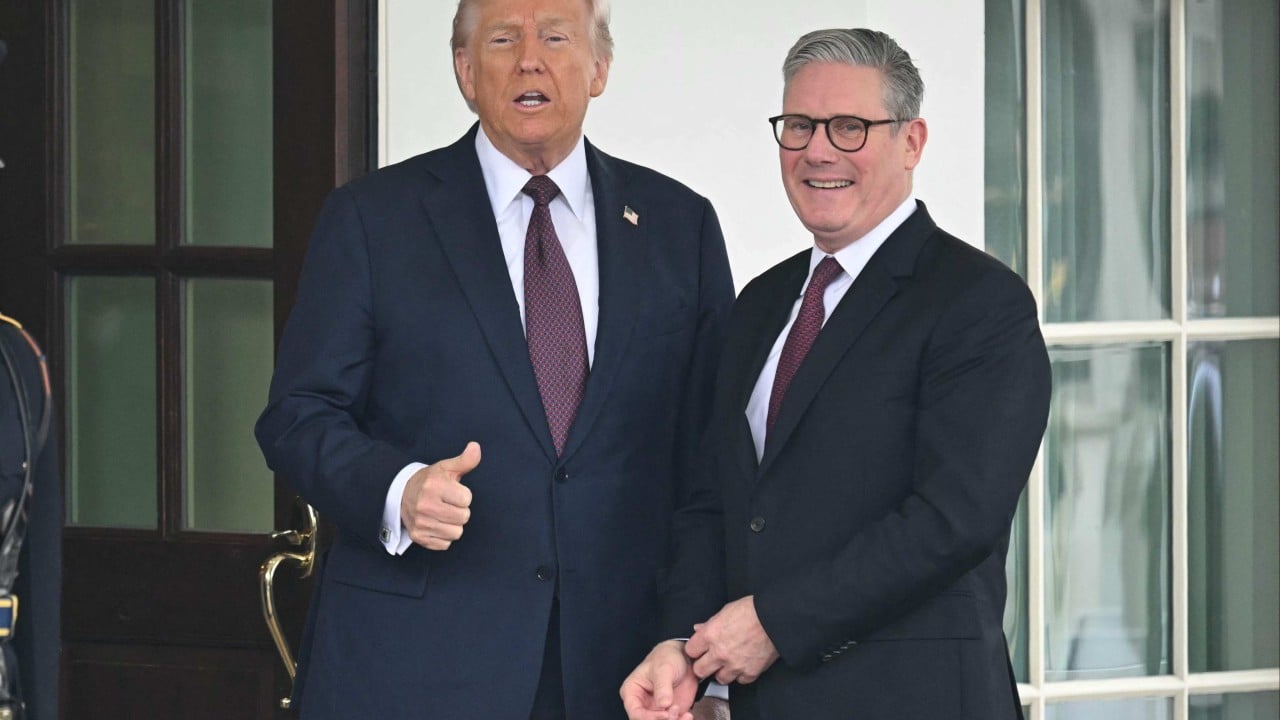The UK-US trade deal, trumpeted by President Donald Trump as a grand achievement, is no triumph of statecraft. It is a hollow spectacle, political theatre masquerading as economic progress.
Advertisement
For Britain, it lays bare the perils of negotiating from weakness. For other major economies – the European Union, Japan or China – it stands as a cautionary tale. They must heed Britain’s experience: strength, not desperation, must define their approach; substance, not optics, must be their demand.
Strip away the bombast, and the deal reveals itself as lopsided. Britain receives some relief on tariffs on cars and steel, and secures modest access to US markets for agricultural goods but at a steep cost: acquiescence to stringent American standards that threaten to undercut its own producers.
Meanwhile, a 10 per cent tariff persists on most British exports, still higher than a few months ago. In return, the US gains expansive entry into British markets – pharmaceuticals, technology services – offering little in meaningful reciprocity. The UK government said the deal was needed to save up to 150,000 jobs. This is not the art of the deal – it is a strategic capitulation.
But Britain is vulnerable – born of post-Brexit isolation. Having cast off the EU, the country drifts economically, burdened by a shrinking economy and rising unemployment.
Advertisement
Prime Minister Keir Starmer, not even a year into his premiership and besieged by domestic discontent, needed a positive headline besides his leadership on Ukraine. Trump, ever the showman, handed him one. But this deal serves Washington’s optics far more than Westminster’s interests. It is a trophy for Trump, a bauble for Starmer and a burden for the British people.

